a focus on what’s essential
co-written with the wonderful Marsha Jaworski, founder of the Essential Yoga Teacher Training.
Whether you’re a seasoned practitioner or yoga has just recently changed your life: you may have the same question: What is yoga, anyway? A quick search on Instagram will tell you how it looks. But what it really is – from the nuances of anatomy to the deep roots of philosophy and ethics – that could take 200 hours to cover!
Enter Yoga Teacher Trainings (YTT). Maybe you’re seeking a new career path, or you want to deepen your own practice. Online might be best for your schedule, or perhaps a weekend intensive. Whatever format you choose, look for a training that features some of these foundational teachings:
1. Critical awareness
Education that asks WHY fosters an enthusiasm for learning – and unlearning. This approach challenges us to consider other perspectives and develop the deep discernment needed to iterate and evolve with your experience and education.
Questions to consider:
Does it provide me opportunities for reflection and integration?
Does it honour and encourage my lived experience?
2. Holistic focus
In the West, yoga is often understood just asana, or postures. A quality training will not only provide a thorough overview of other aspects of yoga such as pranayama, meditation, and philosophy; it will help you understand how to use these tools to support your complex well-being while living through contemporary stressors.
Questions to consider: Does it acknowledge and speak to the interplay between the physical, mental, spiritual, and social parts of yourself?
Is the curriculum designed with different learning styles in mind, with appropriate time to question and build community with your peers?
3. Business education
Many teachers do it for the love, not the money: but a proper business education can support you whether you’re planning to launch your own business or just advocate for a spot on the schedule. From contract agreements to liability waivers, tax write offs to receiving fair pay: there are a lot of variables to consider.
Question to consider:
What experts do they offer (for example, a business lawyer or chartered accountant) to break down next steps in establishing yourself as a sole proprietor with sufficient legal knowledge?
4. Practical application
Most YTTs include a philosophy course, but fall short of explaining how to live your yoga, in accordance with your values - both on and off the mat.
With a multidisciplinary approach, a thoughtful trainer can use findings from neuroscience, psychology, and political theory to contextualize ancient teachings for modern times.
Questions to consider:
Does it look at why ancient ethical and spiritual teachings are often left out of modern practice?
Can it help you decide if and how to include these in your own practice - on and off the mat?
5. Post-training support
Teaching yoga can be intimidating and lead to burn out - but it doesn’t have to. There’s great benefit to having someone walk with you as you learn how to integrate what you’ve learned, in a way that is aligned with your values and supports your well-being.
Question to consider:
Is someone available to talk through some of the inevitable challenges that will occur as you learn your own voice and walk your own path? For example, are there post-training scheduled meetings with the group? One-on-one support?
These are just some of the key concepts that the Essential Yoga Teacher Training was founded on. There is limited space available in the summer cohort, which takes place in Cambridge, Ontario over two immersive weeks in July and August 2025. Training is followed by a 12 week mentorship.
Find out more about the Essential Yoga Teacher Training.
